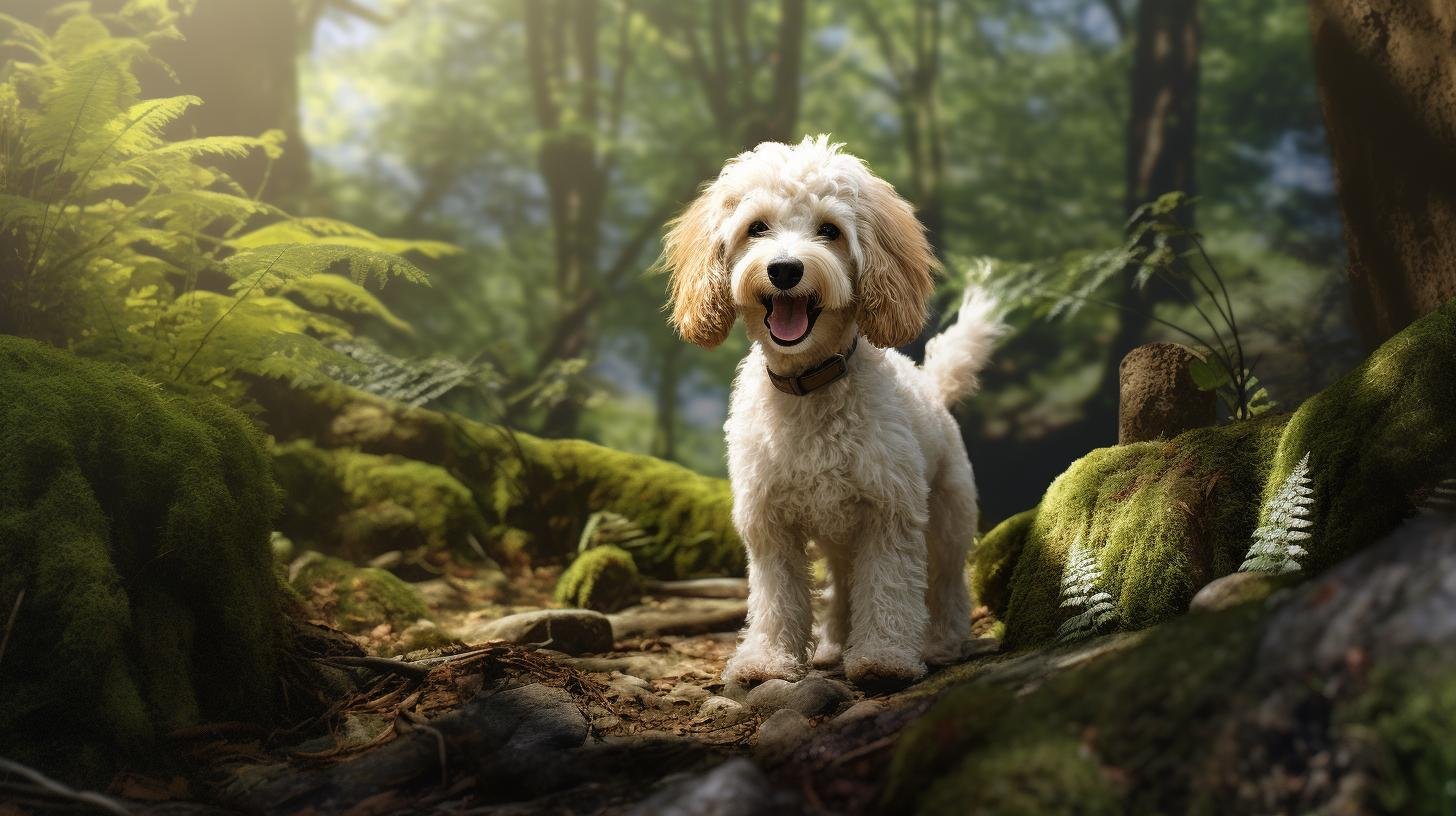For many pet lovers daydreaming about bringing a new furry member to the family, a lot of questions jump to mind: Which breed should I go for? Will it get along with kids? How much attention does it need? And, one of the most common concerns, is the breed aggressive?
Today, our spotlight shines on the ever-so-elegant Poodles. These charming, curly pooches are popular for their regal looks and smart brains, but some may wonder: are Poodles aggressive?
First, let us sneak a fun snippet about Poodles into the conversation. Did you know that Poodles are touted as the 2nd smartest dog breed in the world? No kidding! That brainpower coupled with athletic prowess meant that in the past, Poodles were star performers in circuses all around the world. Impressive, isn’t it?
But let’s not dodge the question and focus on the main theme: aggression in Poodles. As with any breed, this largely depends on the individual dog’s temperament, upbringing, health, and circumstances. No breed, including Poodles, is inherently aggressive or docile. Both environmental and genetic factors influence a dog’s behavior. However, to satisfy your curiosity, let’s explore this further in Poodles.
Poodles are regarded as a friendly and gentle breed. They are great companions and get along very well with humans and other pets. Poodles are known to be bubbly, energetic, and cheerful, always ready to play a game or go for a walk. However, it must be remembered that every Poodle, like every human, is unique and may exhibit individual traits.
That being said, aggression is not a common trait in Poodles. However, keep in mind that aggression can show up as a result of certain circumstances or triggers. For example, if a Poodle is scared, in pain, or not socialized properly, it may behave aggressively as a defense mechanism. Is it the breed’s fault? Not really.
To ensure that any aggressive behavior isn’t developed or encouraged, it’s paramount to train and socialize your Poodle from a young age. Start introducing your Poodle puppy to various people, places, and situations. This will help him to grow into a well-rounded, friendly adult who isn’t scared or aggressive in new situations. This is equally beneficial for other breeds too!
A tale comes to mind about a Miniature Poodle named Pepper. When Pepper was adopted as a puppy, his family made sure to introduce him to new experiences every day. Whether it was meeting the neighbors, playing with other dogs at the park, or tagging along on grocery trips, Pepper was always a part of it. This helped Pepper grow confident and outgoing. He wasn’t afraid of strangers, didn’t mind being around lots of people, and was incredibly friendly to other animals. Pepper serves as a real-life example of how effective early socialization and exposure can be for controlling aggression.
Let’s also mention how receptive Poodles are to training due to their smart brains. Consistent, positive reinforcement methods can go a long way in ensuring your Poodle is well-behaved and non-aggressive. Reward good behavior and discourage undesirable actions. Training offers a fantastic way to strengthen the bond with your pet, establish trust, and shape their character.
Lastly, Poodles, like any other breed, require physical and mental stimulation. Bored dogs, regardless of their breed, can develop destructive behaviors, including aggression. Regular exercise, playtime, and behavioral enrichment activities can help keep this issue at bay.
To sum up, Poodles are generally not aggressive dogs. They are loving, intelligent, joyful pets that bring a lot of joy to their families. The key to ensuring your Poodle grows up to be a well-adjusted adult lies in early socialization, regular mental and physical exercise, proper health care, and training with positive reinforcement.
Remember, every Poodle, like every dog, deserves to be treated with kindness, respect, and love – and a Poodle will return those feelings tenfold! Embrace their uniqueness, and help them become the best versions of themselves. Any dog, Poodle or not, can be the most loving, loyal, and gentle companion if given the right care, training, attention, and, of course, love!



